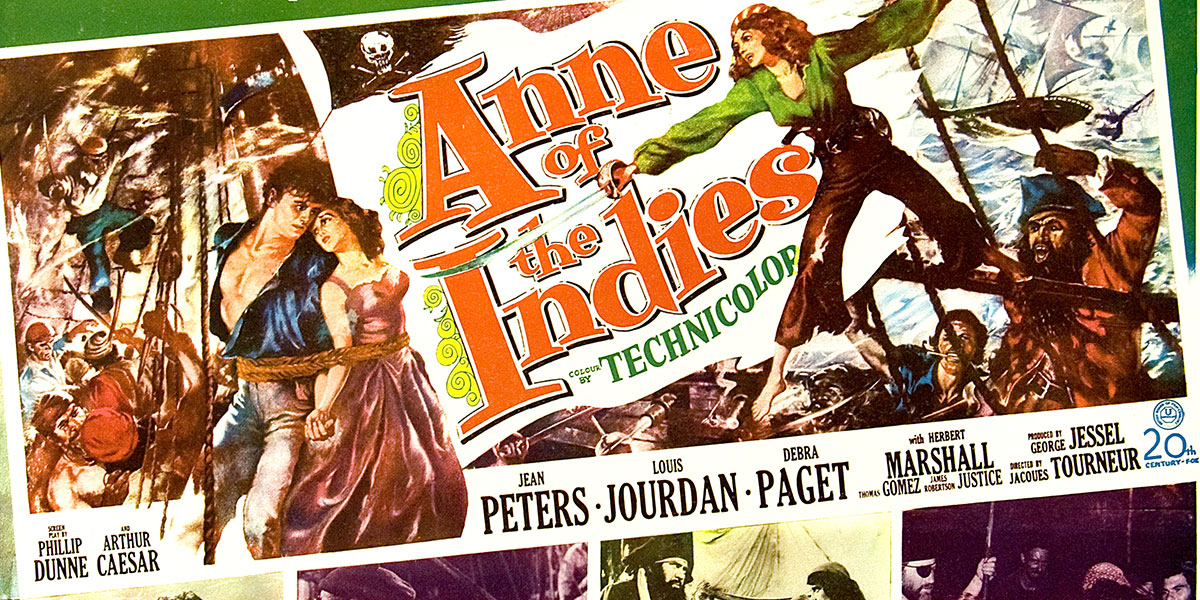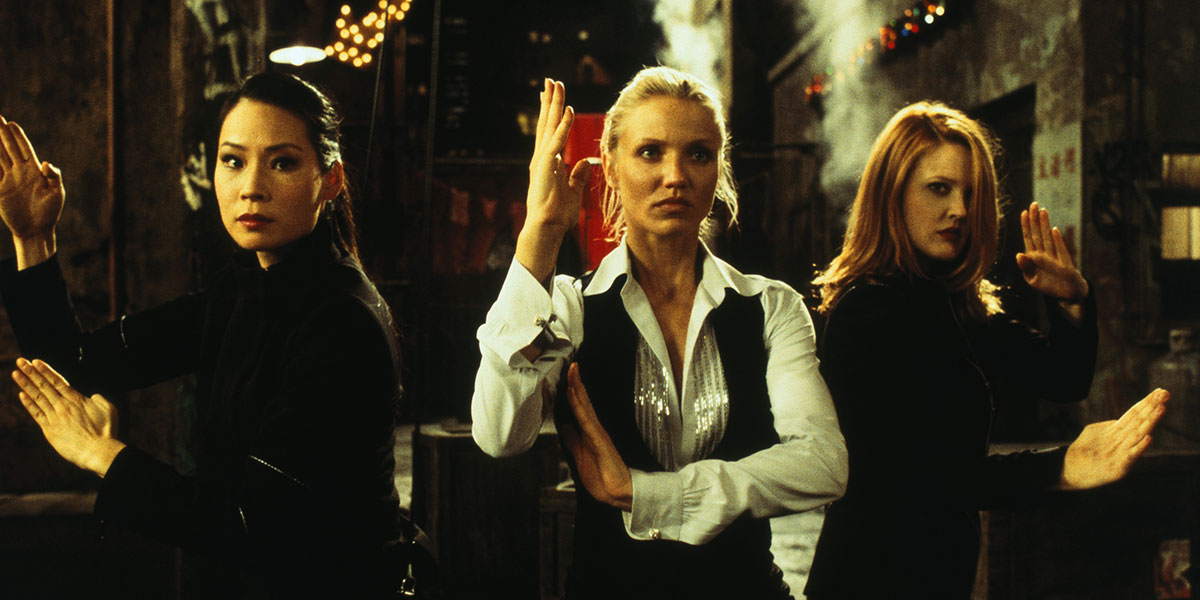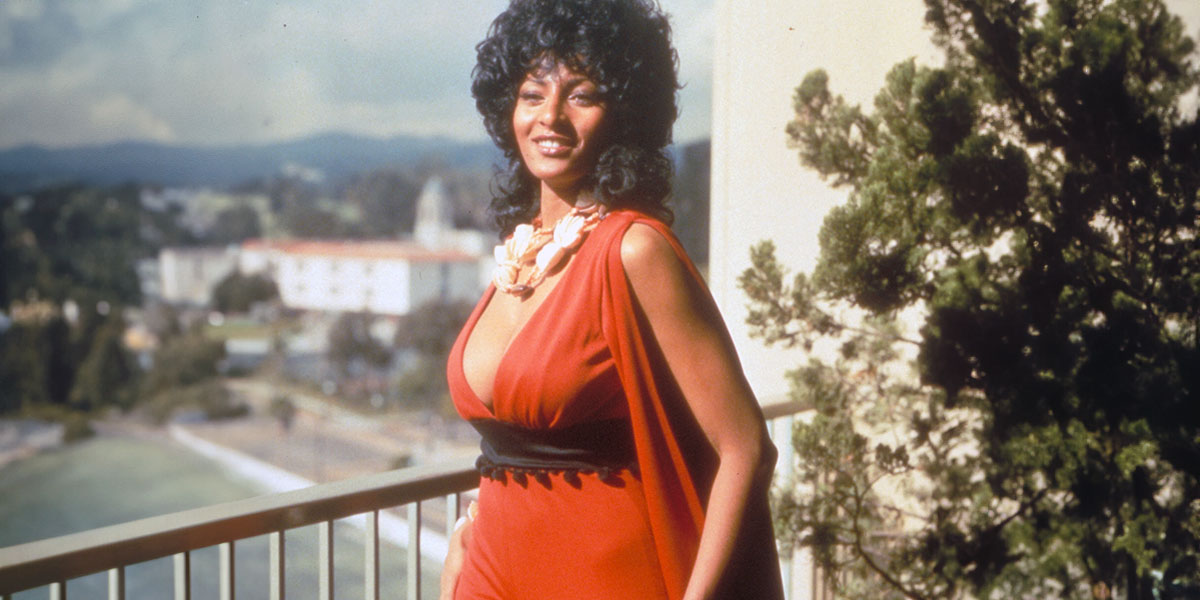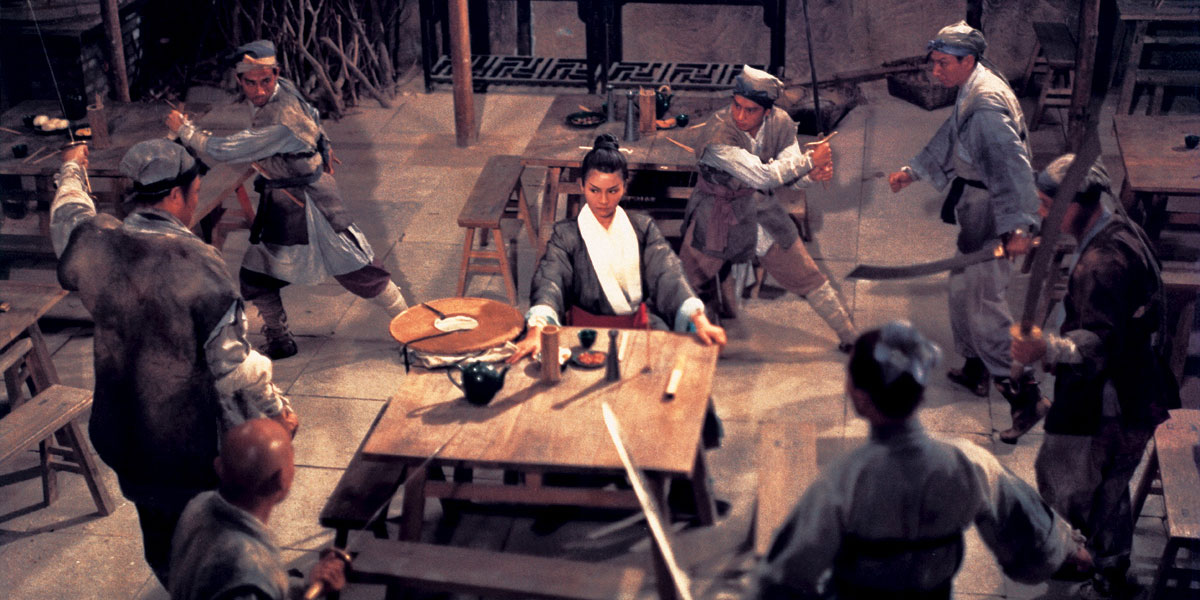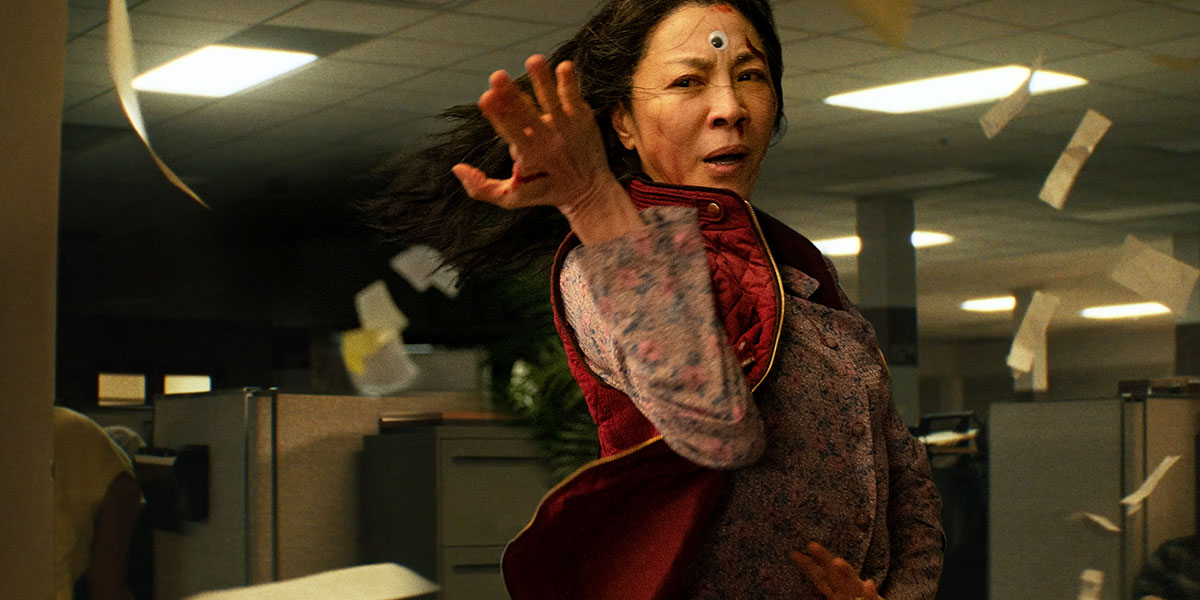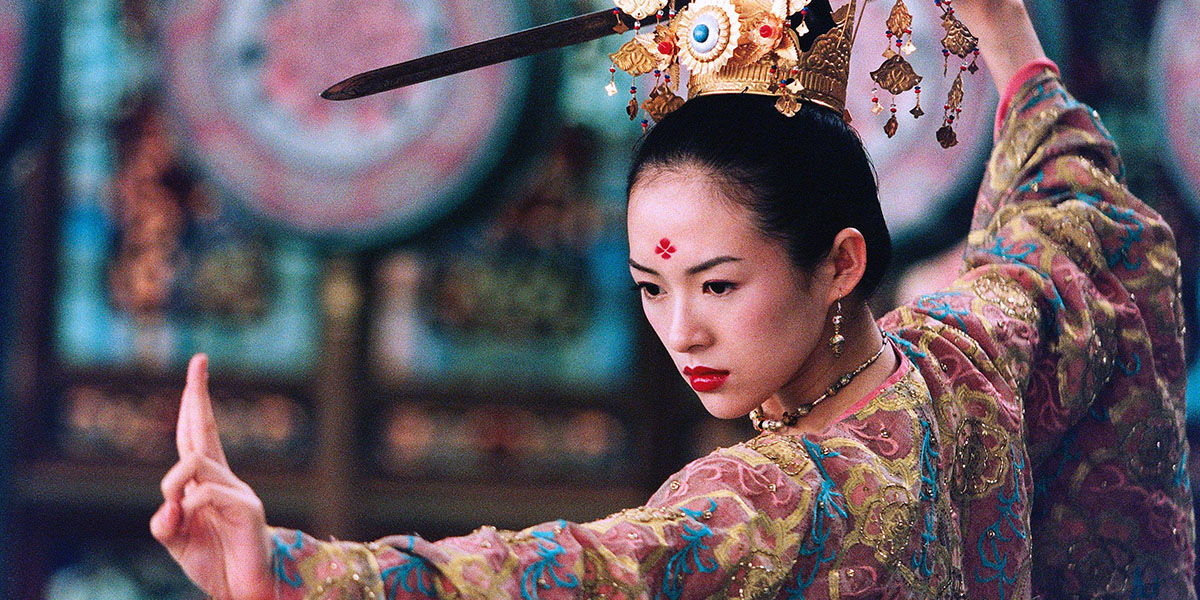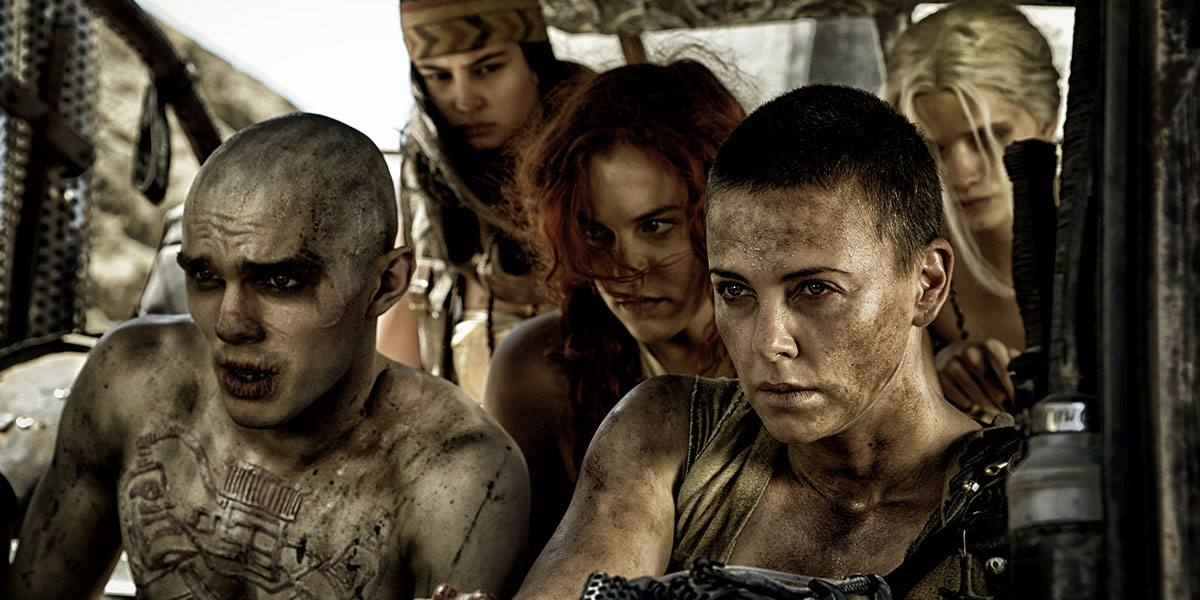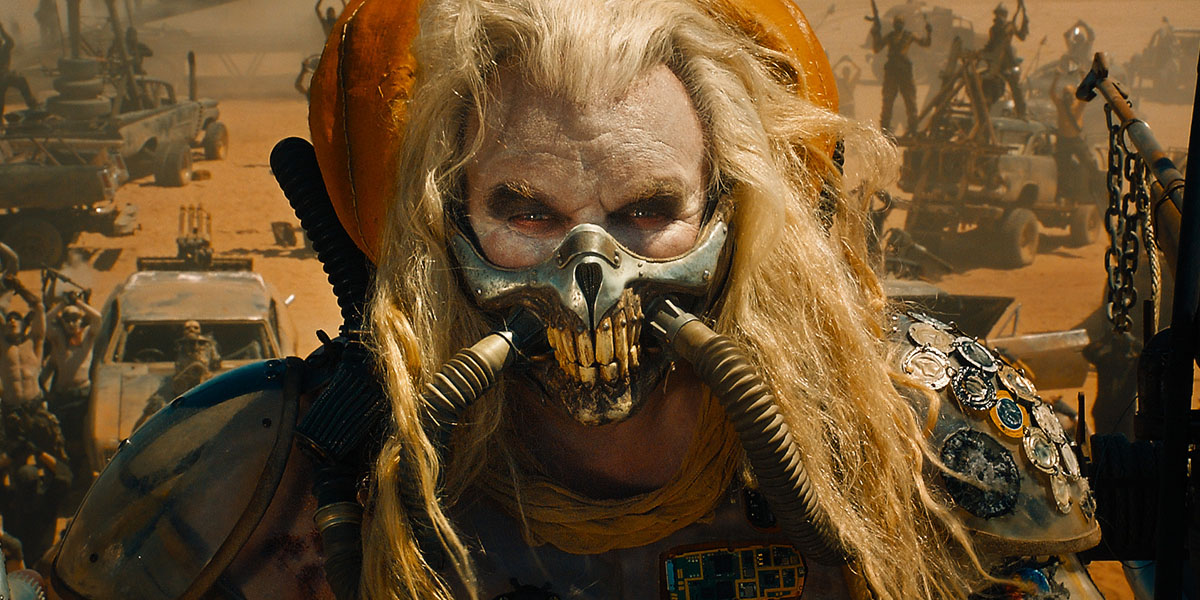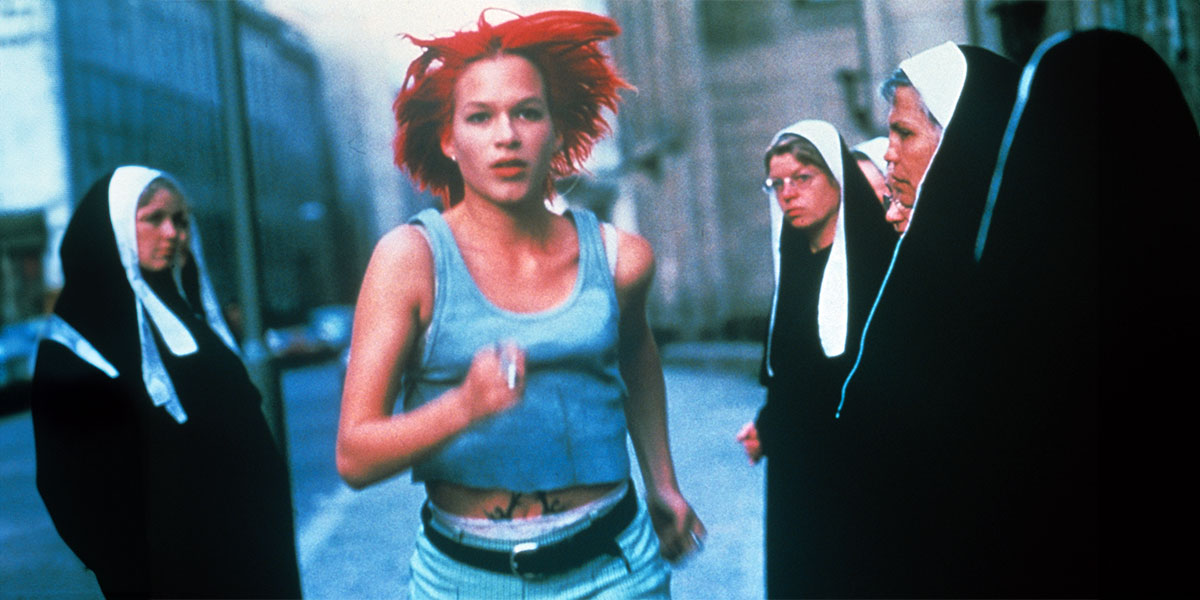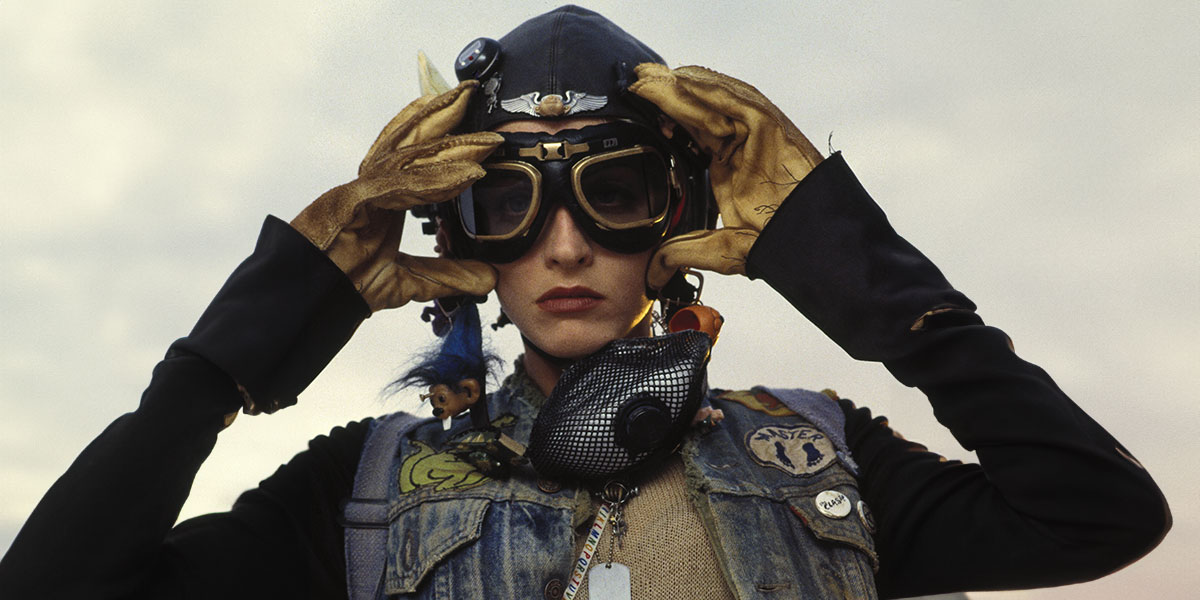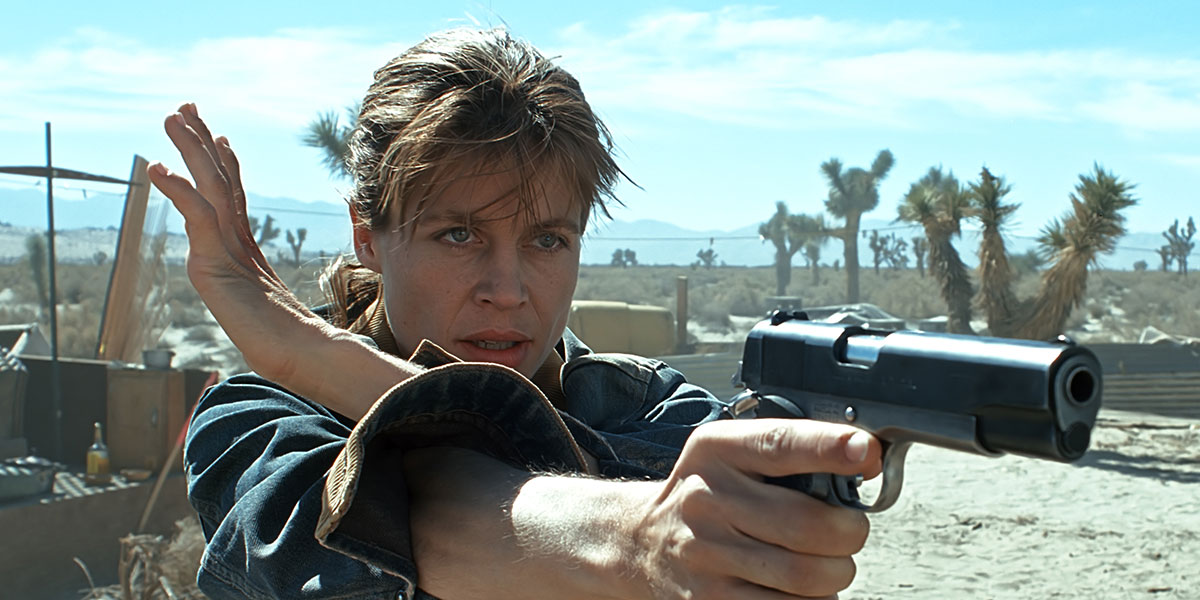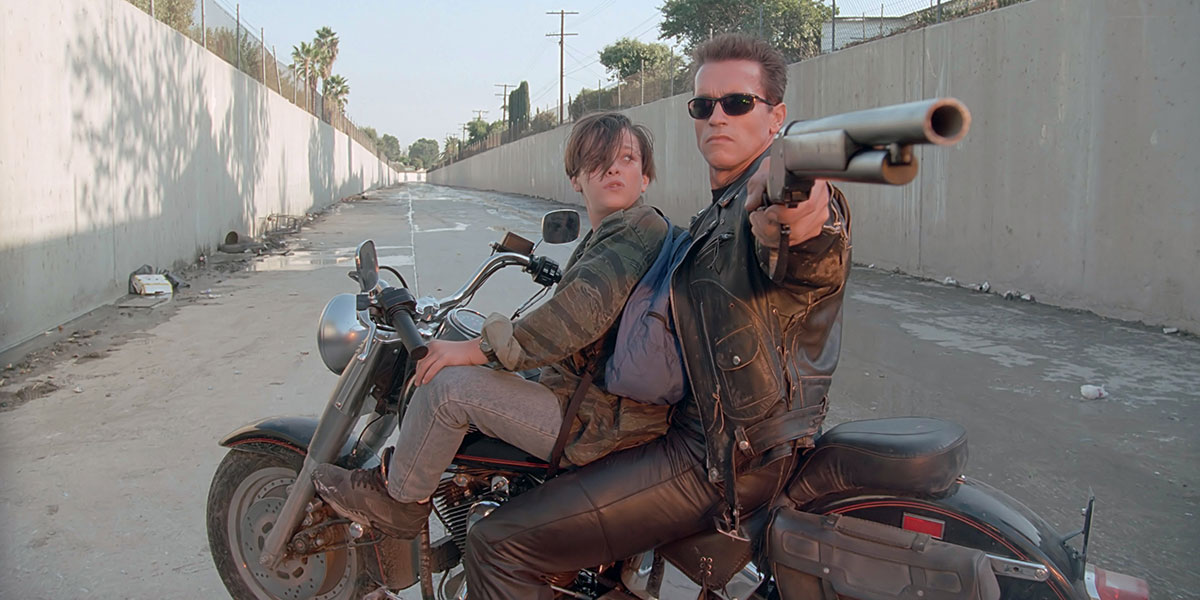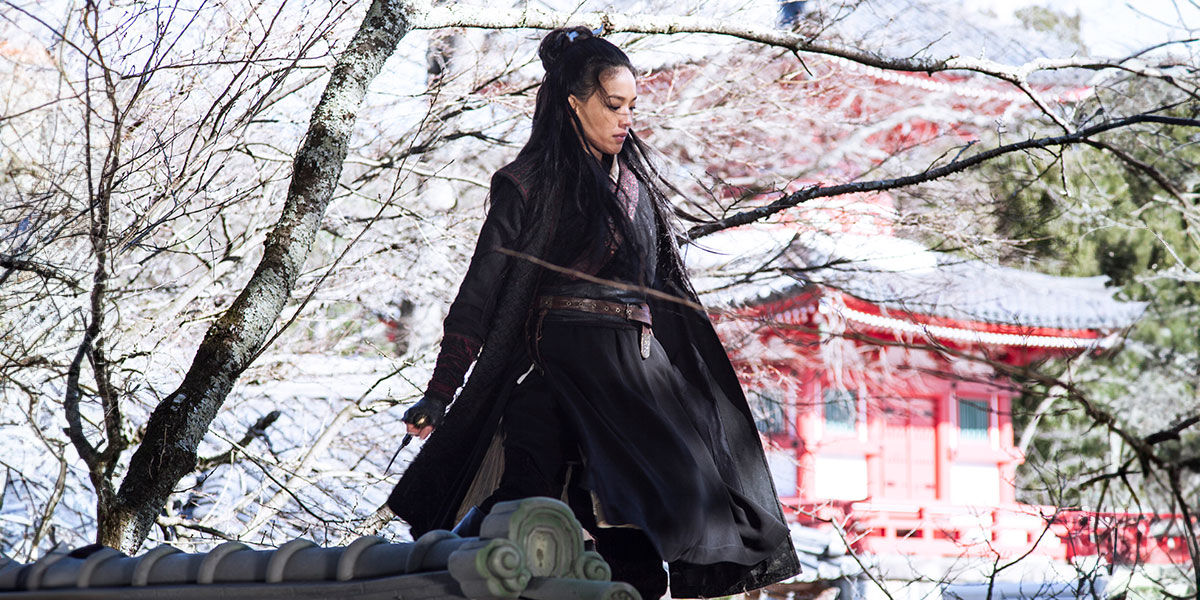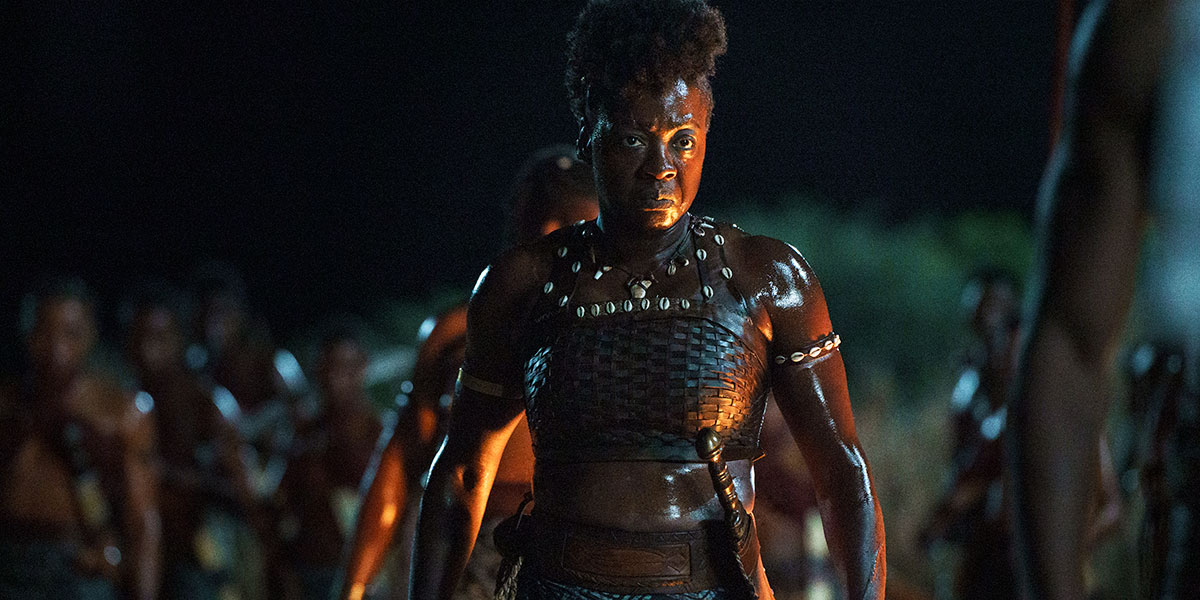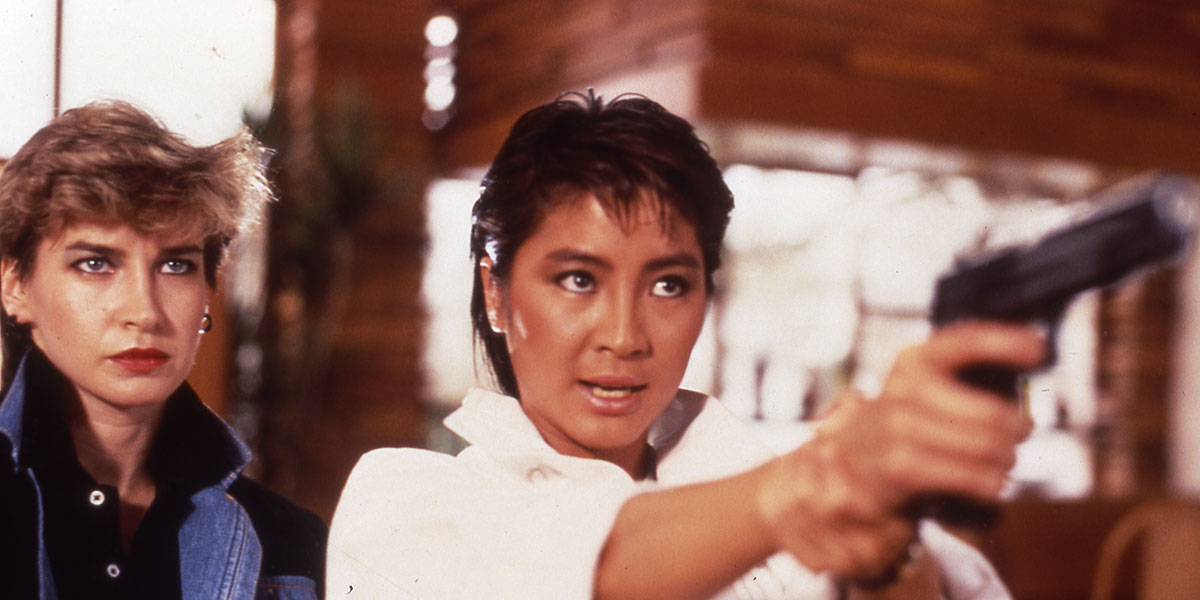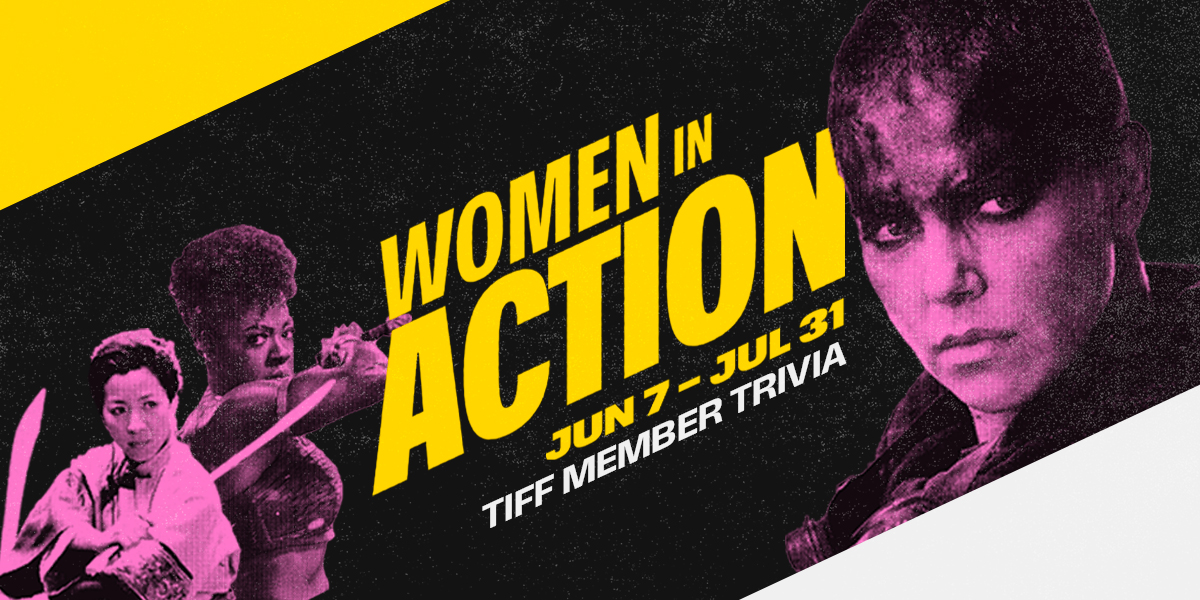
This summer, TIFF presents culturally influential action films helmed by women, celebrating the trailblazing actors and stuntwomen who have advanced the action genre both on and off-screen. Building upon Kiva Reardon’s 2015 TIFF series Beyond Badass: Female Action Heroes, Women in Action includes 24 films spanning 70 years, with an emphasis on American and Asian cinema.
Women action stars have long been under-celebrated and yet have existed since the dawn of the motion picture. The silent serials of the 1910s, such as “What Happened to Mary,” “The Hazards of Helen” and “The Perils of Pauline,” first popularized daring women performing their own harrowing stunts.
While chronologically, our series begins with the 1951 feminist, psychological swashbuckler Anne of the Indies starring Jean Peters, we open Women in Action as we end it, with the incomparable Michelle Yeoh and her turn in two Oscar-winning films: Crouching Tiger, Hidden Dragon and Everything Everywhere All at Once. Yeoh has broken many glass ceilings throughout her career, and it was in fact her historical win for Everything Everywhere All at Once, representing the first time a Best Actress Oscar was awarded to an Asian actor and the first time an action film with a female lead won Best Picture, which inspired this series. We also present Yeoh’s work in the buddy-martial arts action-comedy Yes, Madam!, in which she plays a Hong Kong detective who teams up with a Scotland Yard constable, performed by legendary stunt actor Cynthia Rothrock.
Martial arts and the action genre have often been synonymous, and this union has birthed many sub-genres and narrative themes. Crouching Tiger, Hidden Dragon repopularized the wuxia film, a class of action dramas inspired by heroic Chinese literary figures which often involve gravity-defying fight scenes. Wuxia films have existed since the silent era, although Western audiences didn’t truly discover them until the 1960s and ’70s. King Hu’s 1966 Come Drink With Me, starring Cheng Pei-pei (also starring in Crouching Tiger, Hidden Dragon), is largely recognized as one of the first martial arts films to feature a female lead.
It was around this time that the motif of the lone female assassin, raised and trained to seek revenge, emerged more prominently. Enter Japan’s 1973 Lady Snowblood, a samurai and manga-inspired cult classic starring Meiko Kaji, which heavily influenced Tarantino’s Kill Bill: Volume 1 and Kill Bill: Volume 2. Hou Hsiao-Hsien’s 2015 wuxia-inspired The Assassin, shot on 35mm, pairs a similar narrative with painterly compositions to deliver an enigmatic, art-house action picture.
Greater American exposure to Asian cinema and the advent of 1990s third-wave feminism shaped Disney’s landmark 1998 film Mulan, the sole animated entry in Women in Action, which we will present again in July as our TIFF Family Film. Mulan is acclaimed for being the first Disney film to feature a woman warrior and an Asian protagonist, and it explicitly explores another trope common to women-led action films whereby the heroine is mistaken for a man. Captain Providence in Anne of the Indies and Golden Swallow in Come Drink with Me are also wrongly assumed to be men at first on account of their imposing reputations.
The tenacious character of Ripley in Ridley Scott’s Alien was ungendered at the script stage, but was later brought to life by an unmade-up Sigourney Weaver. Alien launched Weaver to superstardom, spawned a multimedia franchise, and produced one of the 20th century’s most iconic action heroes. Similarly, Linda Hamilton as the all-muscle Sarah Connor in Terminator 2: Judgment Day helped redefine the woman action-star aesthetic, proving women didn’t need to be scantily clad to slay and survive.
Gender within the action genre is often used as a device to explore the intersection of other social markers such as race and class. In Jack Hill’s recently restored 1973 blaxploitation film Coffy, Pam Grier is a nurse vigilante who takes matters into her own hands to fight the systemic injustices within her community, while in Prey, the 2022 Predator prequel, Indigenous actor and 2021 TIFF Rising Star Amber Midthunder stars as a young Comanche woman who protects her community from invading extraterrestrial species and white settlers, which pose a different, but equally ominous threat.
The upward trend of diverse representation on screen is a welcomed evolution and has paved the way for more multifaceted women leads, and more women directors, too. Gina Prince-Bythewood imbues The Woman King, starring Viola Davis as the leader of a 19th century African all-female warrior unit, with the same character-driven soul that defined her debut feature, Love & Basketball. Nida Manzoor’s frollicking feminist feature Polite Society is our most meta entry, about a UK highschooler, martial arts enthusiast, and wannabe stunt actor who uses her multi-talents to rescue her sister from an ill-fated marriage.
However, success for women within the action genre has often come at a heavy price. Performing your own stunts inherently involves risk, and many have suffered in the absence of equal standards for personal regard and safety. Linda Hamilton was inflicted with irreparable hearing damage on the set of Terminator 2, while Uma Thurman, upon being refused a stunt double for a dangerous driving scene in Kill Bill Volume 2, suffered a concussion and permanent injuries. The documentary Stuntwomen: The Untold Hollywood Story delves deeper into issues of safety, sexism, and racism within the film industry, profiling the dauntless stunt performers who have risked life and limb for their craft. Increased advocacy within the industry has put pressure on the Academy of Motion Picture Arts and Science to recognize stunt performers at the Oscars, an exclusion that has grown increasingly controversial.
On the subject of omissions, you may notice the absence of women superheroes, a deliberate exclusion and a season unto itself. Women in Action does however include a number of comic book-inspired selections, including Rachel Talalay’s overlooked and riotous Tank Girl, featuring a punked out Lori Petty, and Mad Max: Fury Road, starring Charlize Theron, America’s most prolific and reigning action star. Theron also features alongside rising talent and stunt performer Sofia Boutella in the graphic novel adaptation Atomic Blonde, a high-octane, hyper-stylized action-thriller with a queer sub-plot.
Of course, this series is by no means exhaustive, but it offers a sizable sampling of the genre-defining and culturally impactful films which, taken together, is suggestive of a bright future for women both in front of and behind the camera. One especially noteworthy trend, with certain thanks to Yeoh, is the arrival of the mature action star, which is advancing the genre into uncharted and exciting scripted territory. We’re looking forward to all that follows, but for now, we look back, tracing the evolution of women, in action.
Essay by Jessica Smith
Women in Action has been co-curated by Anita Lee, TIFF’s Chief Programming Officer; Robyn Citizen, TIFF’s Director of Programming, Festival and Cinematheque; and Jessica Smith, TIFF Lightbox’s Programming and Projects Producer.
Tickets will be available to Members on Wednesday, May 15 at 10am, and to the public on Friday, May 17 at 10am.
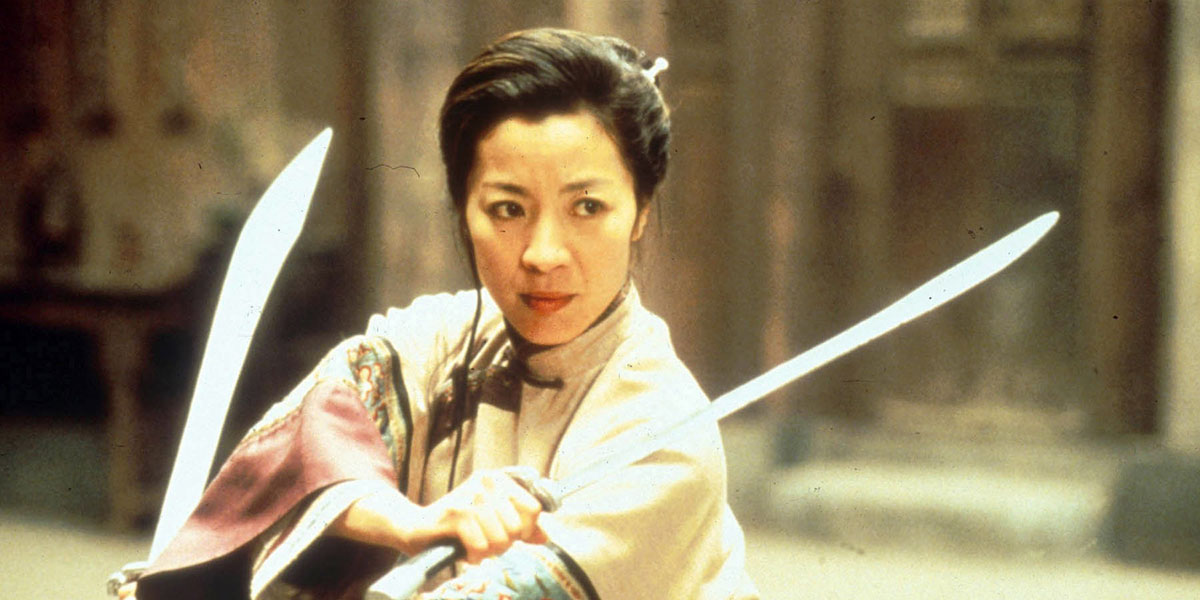
Crouching Tiger, Hidden Dragon
dir. Ang Lee
Fri, June 7 - 6:30pm
Sat, June 8 - 1:00pm (Silver Screenings)

Stuntwomen: The Untold Hollywood Story and stunt panel discussion
dir. April Wright
Thu, July 18 - 6:30pm
Stay tuned for select second screenings in July, with tickets available starting June 12. Please note that event dates and times are subject to change.

